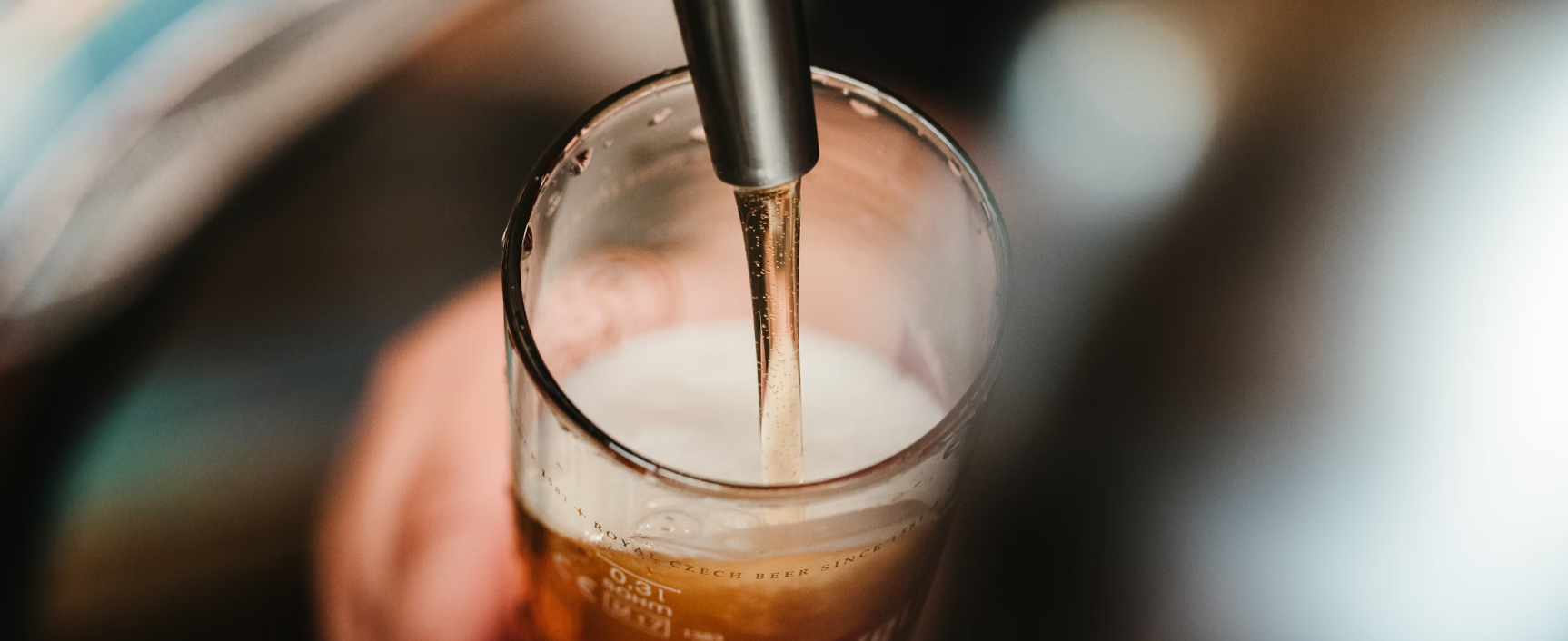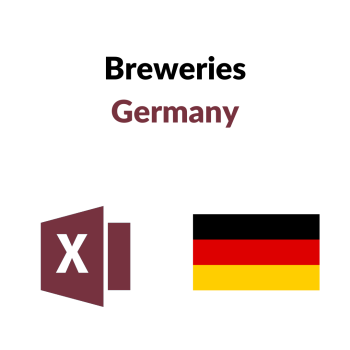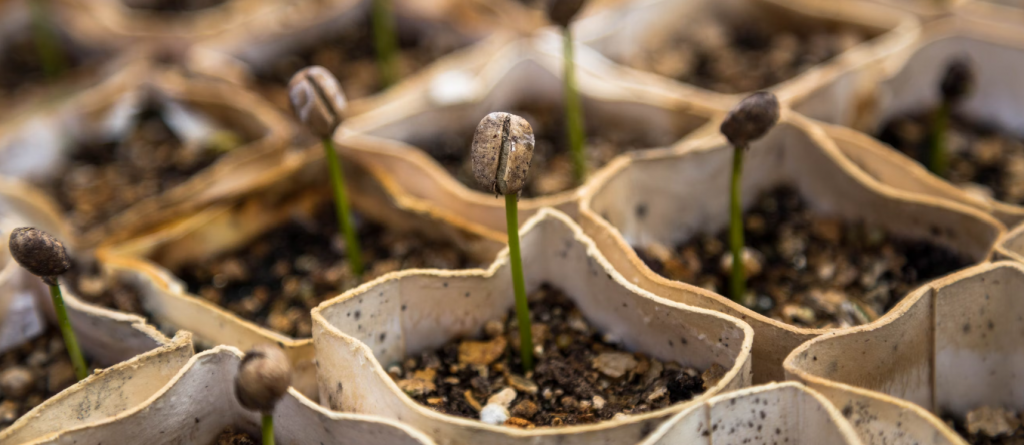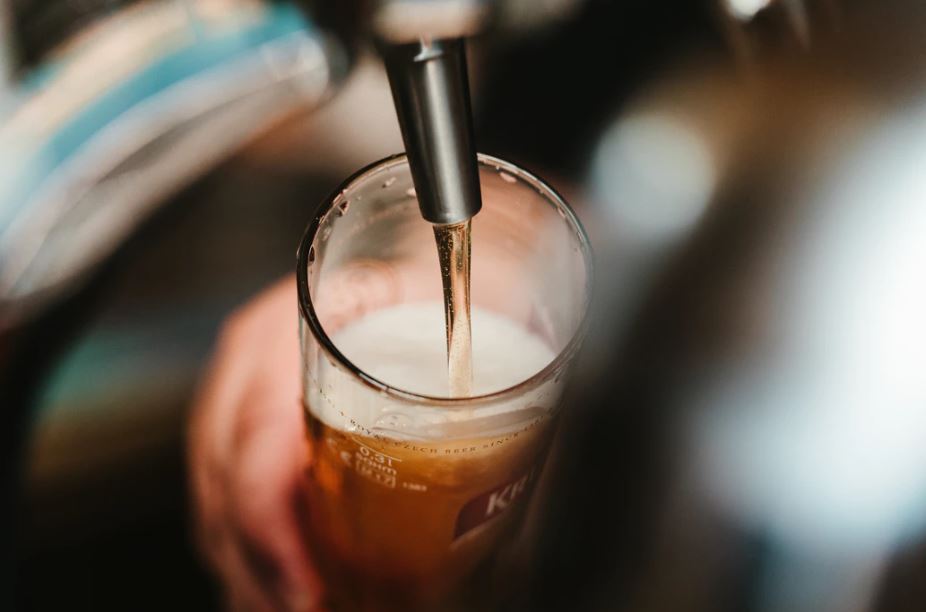There are over 200 breweries in Baden-Württemberg. This means that Germany’s southwest has the second highest density of breweries after Bavaria, but is only in 6th place in terms of beer output. Small and medium-sized breweries are typical. We present the 3 largest ones here. This article is based on the unique List of the 300 largest food producers in Germany.
-
Rated 5.00 out of 5€199,99 Incl. VAT
- Excel list of the 100 largest breweries in Germany
- Includes: revenues (2015-2018), number of employees, contact details, executives
- Download of the Excel file valid indefinitely, free updates within one year after purchase, free preview file available
- Last update: 14.05.2020
Place 1: Badische Staatsbrauerei Rothaus AG, Grafenhausen-Rothaus: 78 million euros sales (2018)
As with so many other breweries, the history of the Baden State Brewery Rothaus began in the 18th century as a monastery brewery, which became the Grand Ducal Baden State Brewery Rothaus at the beginning of the 19th century, and after the revolution of 1918 the addition of the word “Großherzoglich” was abandoned. The company with about 250 employees is owned by the state of Baden-Württemberg. Various beers are brewed under the brands “Tannenzäpfle”, “Zäpfle” and “Schwarzwald Maidle”.
Place 2: Fürstlich Fürstenbergische Brauerei GmbH & Co. KG, Donaueschingen: 81 million euros turnover (2018)
Since 1283 the counts, later princes of Fürstenberg, had the brewing privilege. In the 18th century the construction of the present brewery began. From this a company with over 300 employees developed. The beers are marketed under the “Fürstenberg” brand, other Fürstenberg brands are “Bilger” and “Riegeler”. In 2005, the Fürstenberg brewery was taken over by Brau Holding International AG, which merged with the Paulaner Brauerei Group. Under the Paulaner umbrella, “Fürstenberg” is to remain an independent brand.
Place 3: Dinkelacker-Schwaben Bräu GmbH & Co. KG, Stuttgart: around 70 million euros (no current data available)
Dinkelacker-Schwaben Bräu was created in 1996 from the merger of the two previously independent companies Dinkelacker and Schwaben Bräu. After a temporary affiliation with the Belgian-Brazilian InBev Group, the brewery has been family-owned by the Dinkelacker family of entrepreneurs since 2007. Thus a tradition has been continued. In 1888 Carl Dinkelacker laid the foundation stone for the Dinkelacker Brewery. Schwaben Bräu had already been founded 10 years earlier as Brauerei Leicht. In addition to the brands “Dinkelacker” and “Schwaben Bräu” the brands “Sanwald”, “Wulle” “Haigerlocher” and “Sigel Kloster” are served.
Source: Listenchampion Picture source: BENCE BOROS via Unsplash




